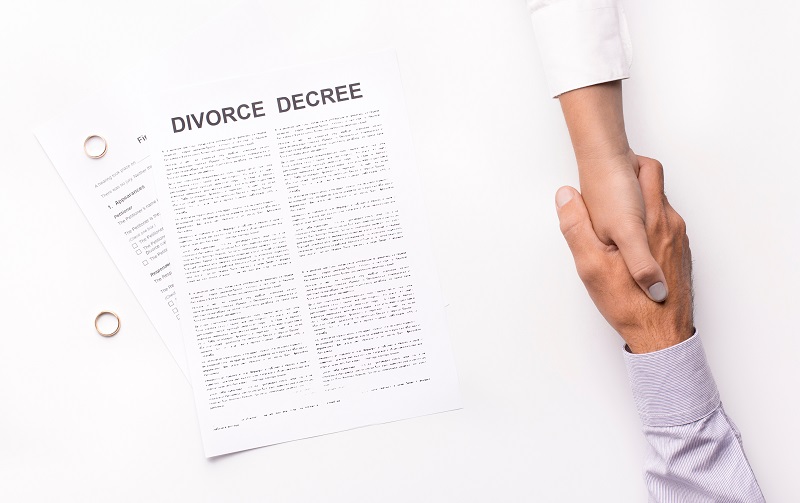Many couples facing separation have wondered what a collaborative divorce is and how it differs from mediation. While both popular approaches prioritize cooperation and understanding over hostility and confrontation, there are differences.
What is Mediation?
Mediation is a voluntary process in which a neutral third party, known as the mediator, assists the divorcing couple in reaching mutually agreeable solutions. Mediation encourages open communication and cooperation, unlike litigation, which involves courtroom battles and opposing representation.
How Mediation Works:
- Neutral Mediator: The mediator does not take sides but facilitates discussions, ensuring both parties have an opportunity to express their concerns and desires.
- Identifying Issues: The mediator helps identify and prioritize the issues that need to be resolved, such as child custody, property division, and support arrangements.
- Generating Options: The couple brainstorms potential solutions, exploring alternatives that suit their unique circumstances.
- Agreement and Documentation: Once both parties reach a consensus on all issues, the mediator drafts a legally binding agreement that reflects their decisions.
What is a Collaborative Divorce?
Collaborative divorce takes the spirit of mediation a step further by involving a team of professionals to assist the couple in making informed decisions. Each party is represented by their own collaboratively trained attorney, a neutral divorce coach and a financial neutral.
How Collaborative Divorce Works:
- Collaboratively Trained Attorneys: These attorneys are committed to the collaborative process and are specifically trained to work cooperatively rather than confrontationally.
- Team Approach: The couple and their attorneys, financial neutral and divorce coach form a team that works together to find comprehensive and balanced solutions.
- Open Communication: Similar to mediation, communication remains transparent and respectful throughout the process.
- No Court Intervention: The couple agrees not to take the case to court, fostering a stronger commitment to finding amicable resolutions outside of court.
Both mediation and collaborative divorce offer divorcing couples an alternative to the bitterness and stress of traditional proceedings. The choice between the two largely depends on the level of cooperation between the parties, the complexity of the issues involved, and the need for additional expertise. The focus remains on fostering respectful communication and finding solutions that best serve the interests of everyone involved.
If you reside within the Kansas City Metro area and are still uncertain about what a collaborative divorce is and how it differs from mediation, contact Collaborative Practice Kansas City at 913-380-2560 to speak with one of our trained professionals who can assist you with any questions.

